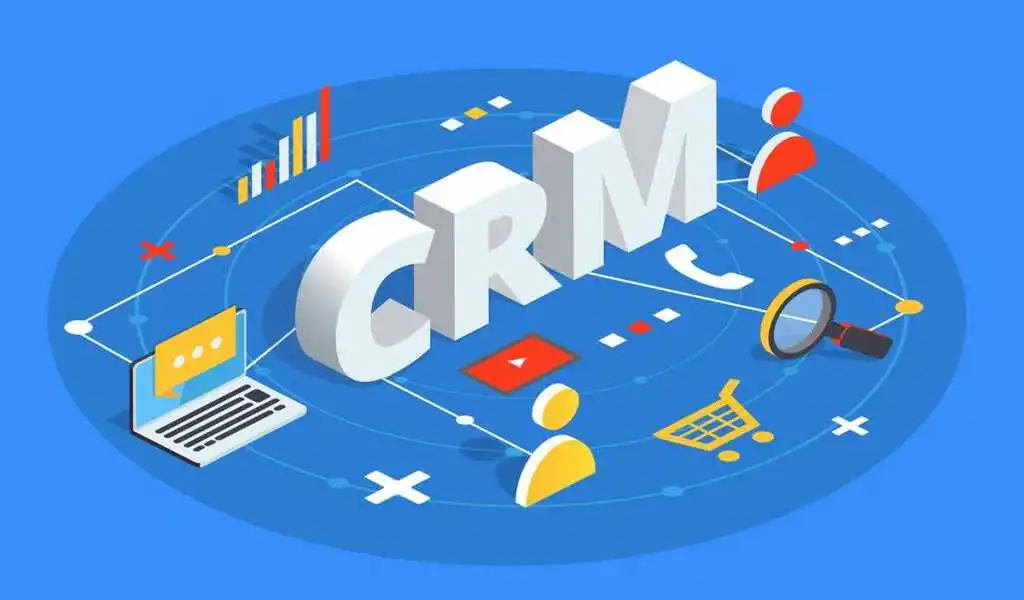Effective customer relationship management (CRM) is paramount for success in today’s fast-paced business landscape. Companies strive to maintain meaningful connections with their customers, and this is where CRM software plays a pivotal role. Let’s delve into the world of CRM software and explore its impact on modern business operations.
What is CRM Software?
At its core, CRM software is a powerful tool designed to streamline and enhance the management of customer relationships. It consolidates customer data, automates sales processes, and provides insights that help businesses make informed decisions.
Importance of CRM in Business
In an era where customer experience reigns supreme, CRM software empowers businesses to understand their customers better. By centralizing customer information, businesses can personalize interactions, anticipate needs, and ultimately build lasting relationships.
Key Features of CRM Software
Contact Management: Efficiently organize and manage customer information, ensuring a comprehensive view of each interaction.
Sales Automation: Automate repetitive sales tasks, allowing sales teams to focus on building relationships and closing deals.
Customer Service and Support: Provide exceptional customer support by tracking and resolving issues promptly.
Analytics and Reporting: Gain valuable insights into customer behavior, sales performance, and overall business metrics.
Types of CRM Software
Operational CRM: Focuses on streamlining business processes related to customer transactions, sales, and service.
Analytical CRM: Utilizes data analysis tools to extract meaningful insights into customer behavior and preferences.
Collaborative CRM: Facilitates communication and collaboration between various departments to enhance customer satisfaction.
How CRM Software Boosts Sales
CRM software empowers sales teams by providing a 360-degree view of leads and prospects. By automating routine tasks, sales representatives can dedicate more time to building relationships and closing deals efficiently.
Enhancing Customer Relationships
Personalization: Tailor interactions based on customer preferences, fostering a sense of individualized attention.
Targeted Marketing: Use customer data to create targeted marketing campaigns, increasing the likelihood of conversions.
Customer Retention Strategies: Identify at-risk customers and implement strategies to enhance loyalty and reduce churn.
Selecting the Right CRM for Your Business
When choosing a CRM system, consider factors such as scalability, user-friendly interface, and integration capabilities. The chosen CRM should align with your business goals and adapt to future growth.
Challenges in Implementing CRM
Overcoming resistance to change, addressing data security concerns, and ensuring seamless customization are common challenges in implementing CRM systems. Acknowledging these challenges is the first step toward successful integration.
Future Trends in CRM Software
Artificial intelligence integration, blockchain applications, and predictive analytics are shaping the future of CRM. Businesses that embrace these trends gain a competitive edge by staying ahead of the curve.
Case Studies: Successful CRM Implementations
Explore real-world examples of companies that have successfully implemented CRM systems, showcasing tangible benefits in terms of improved customer satisfaction and increased revenue.
Realizing the ROI of CRM Software
Understanding the return on investment (ROI) of CRM software involves assessing improvements in customer satisfaction, sales revenue, and operational efficiency. A well-implemented CRM system can yield substantial returns over time.
Common Misconceptions About CRM
Dispelling myths surrounding CRM is crucial. From being overly complex to only benefiting large enterprises, understanding the reality of CRM software helps businesses make informed decisions.
The Evolution of CRM: Past, Present, and Future
Trace the evolution of CRM from its humble beginnings to the sophisticated systems of today. Explore how CRM continues to adapt to the changing business landscape and what the future holds.
Conclusion
In conclusion, CRM software is a game-changer for businesses seeking to build and nurture customer relationships effectively. The right CRM system, aligned with business objectives, can drive sales, enhance customer satisfaction, and position the company for long-term success.

